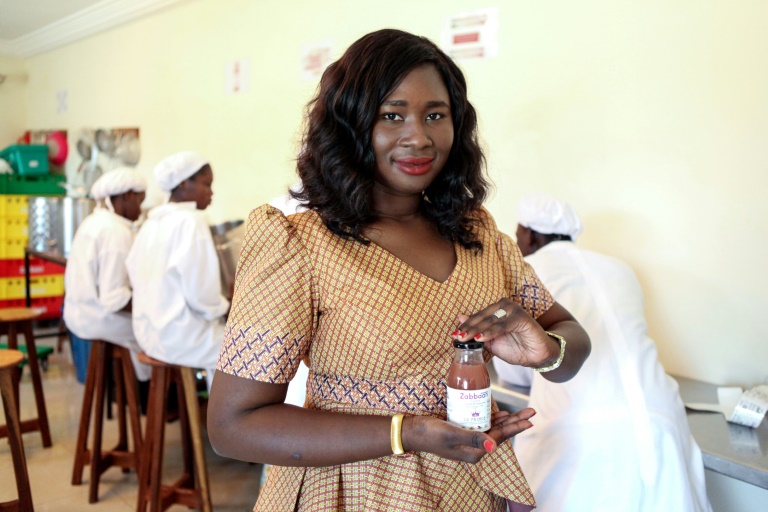Back to school: Here’s a practical guide to not breaking the bank
Aissata Diakite’s juices are part of an all-natural health startup which the 28-year-old Malian launched in December, blending traditional flavours with an engineer’s eye for detail.
The idea of launching a range of entirely natural fruit juices using locally sourced products from the African savannah came from her childhood in Mopti, a region in central Mali through which the Niger River flows.
And it was there, while studying agribusiness in France, that the project came to fruition.
“When I was a student, I used to come back to Mali on holiday and I would drive through rural agricultural areas to meet the farmers, to understand the seasons and how to manage the off-season,” she explains animatedly.
And last month, she launched her line of “Zabbaan” juices after meeting prospective buyers at the “Invest in Mali” forum.
The business takes its name from the zaban — or saba senegalensis, a shrub-like tree native to the Sahel region which grows predominantly on riverbanks and in woodlands, whose fruit and leaves are highly prized.
– Investing in her homeland –
The forum was not for the fainthearted: Mali is struggling with a jihadist insurgency across large swathes of its rugged terrain — including Diakite’s home region — which are currently being patrolled by several international military forces.
“Coming to Mali today is an act of faith,” admitted President Ibrahim Boubacar Keita in a speech at the forum’s opening.
Nonetheless, investors pledged some 34 billion CFA francs ($63 million, 52 million euros) to an array of businesses, from solar energy to cement and packaging.
“Producing what we consume, that’s how we create jobs and wealth,” Industrial Development Minister Mohamed Aly Ag Ibrahim said a week later at the formal launch of Zabbaan.
And he hailed Diakite as “an inspirational young woman” who had “returned from abroad to invest in her country and succeeded in that challenge”.
– Echoes of an empire –
There are 10 juices in the range, each bearing names like “the king”, a punchy mango and baobab mix, “the duke” — zaban and baobab, or “the warrior” which blends hibiscus with mint and baobab, with names evoking the pomp of the Mali Empire, which ruled large sections of west Africa for 400 years.
It was her grandmother who told her stories about Mali at the height of its power when it was a world-renowned centre of learning, she told AFP.
Her recipes are based on leaves, flowers and fruits from the African savannah, “most of them growing wild” with fresh, local products one of the trademarks of the range.
“We work with a network of farmers who supply us, who often work on lands passed down through the family,” she says.
“And these products are also used in traditional African medicine.”
In order to break into new markets and start exporting overseas, the company is also in the process of obtaining organic certification.
– Essence of Mali –
Bamako’s small but growing middle class is taking note.
Zabbaan now produces around 1,000 bottles a day at its production facility in the capital which are mostly sold at supermarkets in Bamako for 500 CFA francs ($0.90) a go.
The juice, which is pasteurised, comes in brightly-coloured 300 ml (10 fluid ounce) bottles, which are made of recyclable plastic.
But even this foothold in a nascent market was hard won.
“It’s not easy to grow a network of suppliers like that,” Diakite said. “It took me about three years.”
On the factory floor, where the latest batch is ready, the production team is in full swing.
Before it can be bottled, the product — “the prince” in this case — must be tasted. And it’s a job for the whole team.

Founder Aissata Diakite studied in France but is keen to invest in her homeland as it struggles with a jihadist insurgency
“Some people think that this one lacks ginger, so we are changing that and adding a bit more,” says Lala Coulibaly, who is responsible for quality control and hygiene.
With 65 employees on the payroll, Diakite has now set her sights on the export market, with the company due to start shipping juices to France in February.
And she’s also working on a new line of products: the extraction and export of pure essences that will also bear the label: “Made in Mali”.
Download our app and read this and other great stories on the move. Available for Android and iOS.